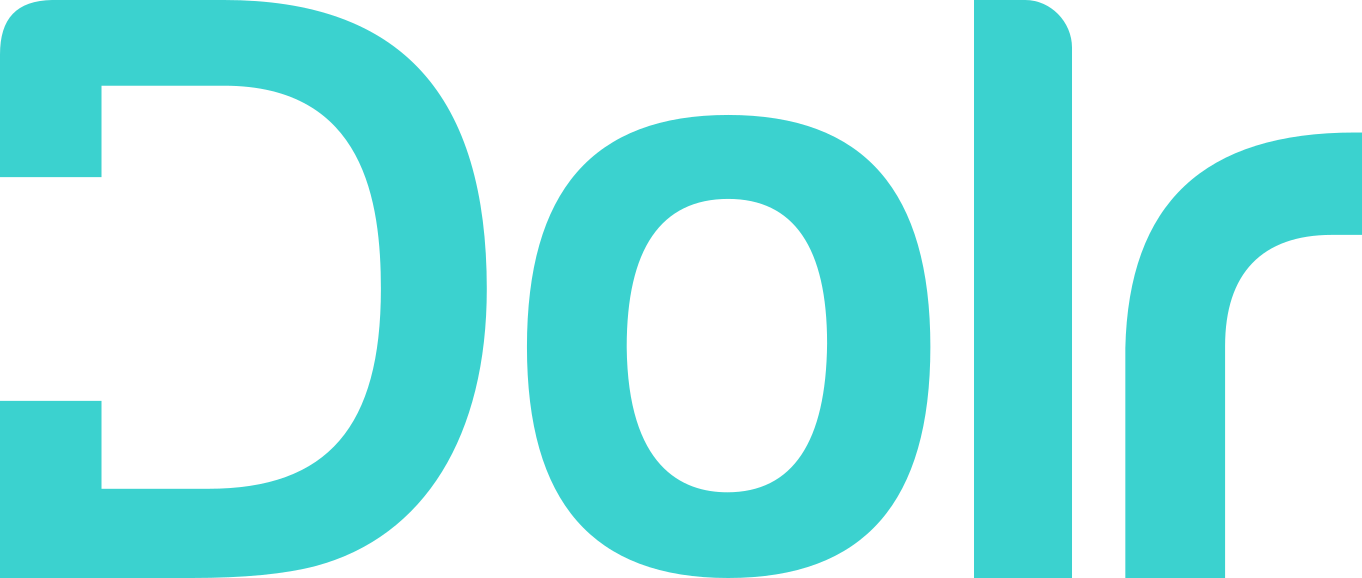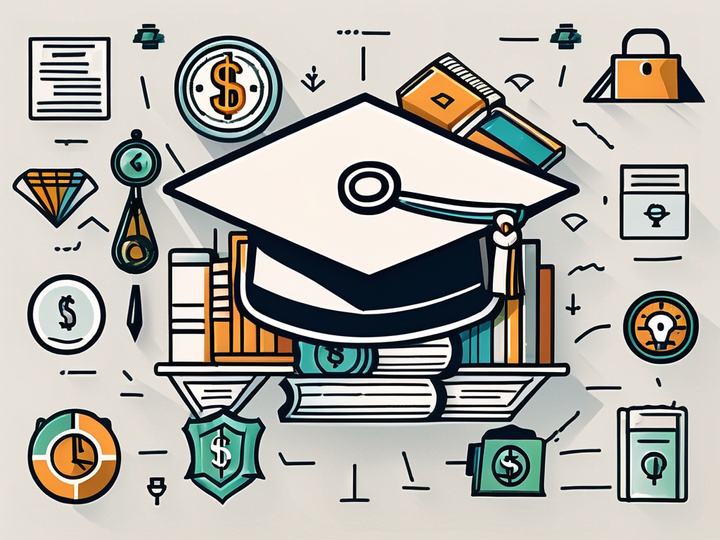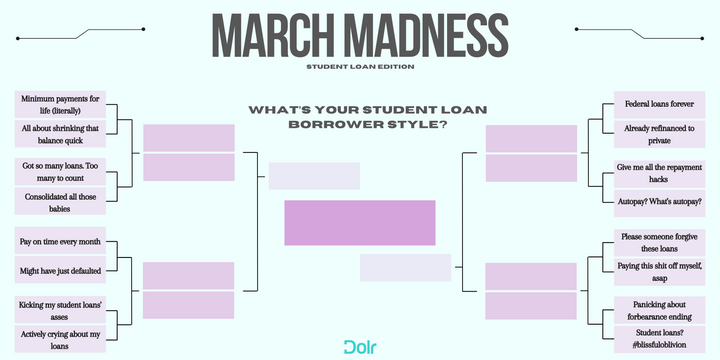Should I Pay Off My Student Loans or Invest My Money Now?
You’re trying to make smart choices with your money, and it seems like that should be easy, right? Or at least that knowing what the smart choices are should be straightforward.

You’re trying to make smart choices with your money, and it seems like that should be easy, right? Or at least that knowing what the smart choices are should be straightforward.
Unfortunately, that’s not always the case. Our finances can get pretty complex, especially when you start thinking about things like compounding interest.
So the question of whether you should invest your money or pay down your student loans faster can be tricky to answer.
In truth, it’s a personal analysis that each individual or couple must do for themselves. We’ll offer some questions to ask yourself that can guide your decision-making process.
Do you have the money to do either?
Let’s start with a potentially painful question — can you actually afford to do either? If you have very little discretionary income, you may not be in a position to pay more than the monthly minimum on your student loans or to invest.
That can be a hard pill to swallow, especially if you’re looking at decades of debt payments in your future — with nothing set aside for retirement.
There are things you can do to help your situation. We’ll get to those in a minute. First, let’s look at some numbers and talk about what your financially smart actions should be if you have very little discretionary income.
A recent study by the Bureau of Labor Statistics (BLS) on consumer spending gave us some interesting information. On average, people who have an adjusted gross income of less than $80,000 are spending almost everything they bring in after taxes.
Let’s say you make $50,000 a year (that’s your adjusted gross income). In a BLS scenario, after taxes and household expenses (which includes things like entertainment and eating out), you have about $140 a month left over.
And let’s assume that you also have $50,000 in student loans with a 10-year term and a 7.5% interest rate. If you used that $140 a month to pay extra on your student loans, you’d save almost $6,000 in interest. Plus, you’d pay your loans off in just a little over 7 years instead of 10.
What if you invested it? Assuming a 6.8% return after inflation over those same seven years, you’d make almost $3900. In this scenario, you save more money paying off your loans than you make investing. .
And since you’ve paid them off three years early, you could take what you were paying in student loans, add it to that extra $140 a month, and start making some hefty investments. If your minimum student loan payment before was around $590, once you’ve paid it off you could start making a $730 monthly contribution to an investment account. Within three years, you’d have made about $3,000.
In this case, the opportunity cost of not paying your debt off early is pretty high.
Looking at the numbers this way — trying out different options to see what gets you the biggest financial return — can help you decide how to spend any extra dollars.
Creating an emergency fund
But should you be doing either of those things?
Look, we really want you to pay your loans off as soon as possible. We have a little celebration every time we hear about someone saying goodbye to their student loans. But it just wouldn’t be responsible of us to go through this analysis without mentioning your emergency fund.
Because if you don’t have an emergency fund, that must be your priority for any extra money you have.
Before you start putting any extra money towards faster repayment or investments, do you have 3-6 months of living expenses set aside? Just in case something happens?
According to those same BLS numbers, that would be roughly somewhere between $10,000 and $20,000. Maybe with some belt tightening, you could get it down to $8,000 if you had to.
For your financial security, getting that emergency fund in place is significantly more important than increasing repayment or starting investing. The worst thing that could happen is that you have to go further into debt because of an unforeseen financial hiccup.
So if it’s going to take you a bit of time to build up that emergency fund, you’re probably not going to make big progress on your student loan repayment or your investment portfolio right now.
See: Borrowers Like You: From a Ballooning Loan Balance to a Pay-off Plan
Free money?
There is one caveat to all of this — and that’s the possibility of “free” money.
Say what now?
Yeah, it sounds too good to be true, but there are actually scenarios where you get free money. In fact, you’re probably familiar with two relatively common examples: 401k matching plans from employers and cash back rewards programs.
Those examples have analogies in the student loan world: student loan repayment assistance programs (LRAPs) from employers and student loan rewards programs, like Shop & Pay, created by Dolr.
If your employer has an LRAP where they provide a certain amount of money toward your student loans, you could speed up repayment without changing your own monthly payments at all. So find out if that’s an option available to you. And if your employer doesn’t have an LRAP, ask them about creating one. (A little inside info: This is the perfect time because the talent market is very tight for employers, and they want to keep good folks.)
What if you do actually have the money?
So if you’ve built your emergency fund, and you have, say, $100 earmarked in your budget for either extra student loan payments or investing, then what?
It all depends on your interest rate. If your student loans have a low interest rate (3 or 4%), making extra payments won’t save you as much money as you would earn by investing.
Why?
Because the interest rate on the money you invest right now is higher than that 3 or 4% you’re paying on your loans — we’re estimating around 6.8% adjusted for inflation.
That means that if you have student loans with higher interest rates (above 7%), the calculus looks a bit different. You could save more money by increasing your repayment amounts than you would make if you invested that same $100 in the market.
You can use calculators to estimate these numbers. Dolr’s student loan repayment assistance calculator can tell you how much interest you’d save by making extra monthly payments. And there are many investment calculators online.
See: 9 Student Loan Hacks to Help You Pay Your Debt Faster
How do you feel about debt?
Numbers can be very handy, but the truth of the matter is that we all have a lot of emotions tied to money and our personal finances.
Investing your extra $100 might give you a bigger return. But if having student loan debt hanging over your head makes you miserable, that matters. That might be a reason to focus on paying down your debt and save investing for afterwards.
If you get enormous joy from watching your investment portfolio grow, then put your hundred bucks a month in there and grin every time you check your balance.
Maybe you’re plagued by a feeling that both of those things must happen right now — paying off more debt AND investing. Split your hundred dollars in half and put $50 to each. You won’t get as much financial benefit from either scenario than if you went all in, but you’ll be taking small steps in two directions that are both important to you.
The most important thing is that you’re moving in the direction of financial freedom by thinking carefully about how you can get the most value from your money.
Oh, and don’t forget about free money. Find out if your employer has an LRAP, and if they don’t, suggest one. And get access to Shop & Pay so you can get money for your student loans just by doing your regular shopping.
Contributed by Katie Taylor.



